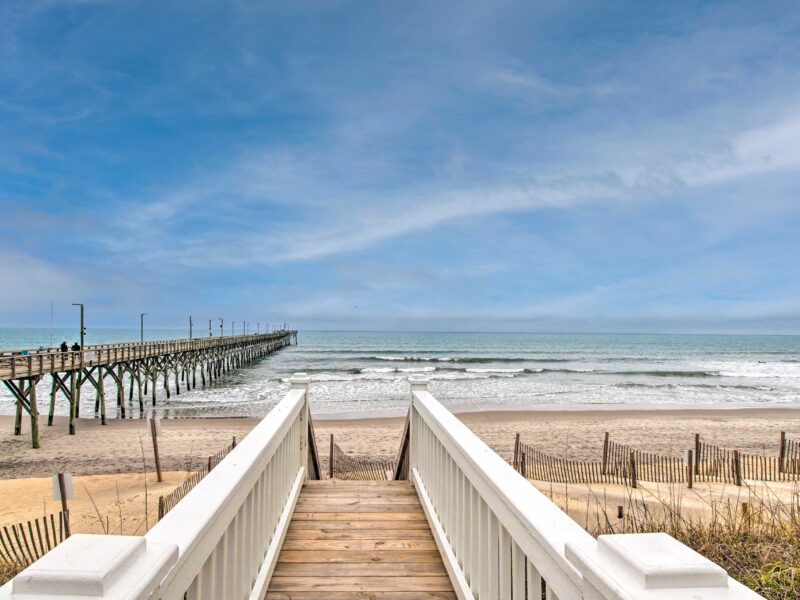The UAE, particularly Dubai, has transformed from a modest desert region into a global hub for trade, technology, and innovation. Behind this success lies a robust infrastructure framework, with two pivotal sectors pipeline construction in Dubai and road contracting companies in the UAE—playing a vital role in enabling this transformation. These sectors not only ensure the delivery of essential resources like water, oil, and gas but also support the movement of goods, services, and people across the Emirates.
This blog explores the growing significance of pipeline construction and road contracting in the UAE, focusing on innovations, challenges, and the country’s strategic vision for a connected and sustainable future.
1. Pipeline Construction in Dubai: Engineering the Lifelines
a. Strategic Importance of Pipelines
Pipeline construction in Dubai is crucial for transporting essential resources such as potable water, crude oil, natural gas, and wastewater. In a region where water scarcity is a perennial concern, the efficient design and implementation of pipeline networks are not just beneficial—they are essential.
- Water Security: Dubai relies heavily on desalinated water. Pipelines are required to move this water from coastal desalination plants to inland areas, residential zones, and industrial parks.
- Oil & Gas Transport: The UAE’s status as a major oil exporter is supported by a vast network of pipelines, connecting production zones to ports and refineries.
- Waste Management: Modern sewage and stormwater pipeline systems in Dubai contribute to public health and environmental sustainability.
b. Technological Advancements in Pipeline Systems
The shift toward smart infrastructure is visible in Dubai’s pipeline construction initiatives.
- Remote Monitoring and Automation: Smart sensors and SCADA systems monitor pipeline integrity, pressure, and flow rates in real-time, reducing human error and maintenance costs.
- Trenchless Technology: Horizontal directional drilling (HDD) and microtunneling reduce surface disruption during installation, ideal for urban areas.
- High-Durability Materials: The use of HDPE and ductile iron pipes ensures longevity, resistance to corrosion, and operational efficiency.
c. Regulatory Compliance and Safety
Pipeline construction projects in Dubai must meet strict regulatory frameworks to ensure safety, sustainability, and environmental responsibility.
- Standards and Codes: Adherence to international codes such as ASME, ASTM, and ISO is mandatory.
- Environmental Assessments: Projects undergo rigorous environmental impact assessments (EIA) before approval.
- Inspection and Maintenance: Periodic inspections using intelligent pigs and robotic crawlers help identify potential issues early.
2. Road Contracting Companies in the UAE: Paving the Nation’s Growth
a. Road Infrastructure as a Catalyst for Economic Development
The UAE’s road networks are among the most advanced in the Middle East, connecting ports, industrial zones, airports, and residential areas with seamless efficiency.
- Urban Development: Road contracting companies in the UAE play a significant role in the planning and development of smart cities, including Dubai’s rapidly expanding metro areas.
- Trade and Logistics: Roads form the backbone of UAE’s logistics sector, linking Jebel Ali Port, Dubai International Airport, and major free zones.
- Tourism and Mobility: Highways and inter-emirate expressways support a thriving tourism industry by enabling hassle-free travel across the Emirates.
b. Innovation and Sustainable Road Construction
With sustainability becoming a national priority, road contracting companies are adopting greener and more efficient construction methods.
- Recycled Asphalt Pavement (RAP): Many road projects now incorporate RAP to reduce environmental impact and costs.
- Smart Roads: Use of AI-based traffic monitoring, solar-powered lights, and embedded sensors for vehicle detection and maintenance alerts.
- Green Certifications: LEED-compliant road designs and the use of eco-friendly materials are increasingly common in UAE infrastructure projects.
c. Challenges and Solutions in Road Contracting
Despite significant progress, road construction in the UAE faces certain challenges, particularly in terms of climate and rapid urbanization.
- Extreme Temperatures: High heat can damage asphalt and cause premature wear, prompting the use of polymer-modified binders.
- Sand Intrusion: Sandstorms and shifting dunes require special barriers and road designs for desert highways.
- Urban Congestion: In high-density cities like Dubai, road contractors must carefully plan timelines to minimize disruption to traffic and local businesses.
3. Synergy Between Pipeline and Road Infrastructure
a. Integrated Urban Planning
Dubai’s infrastructure development is not siloed—pipeline and road construction projects are often developed in tandem.
- Utility Corridors: Roads often serve as conduits for underground pipelines, reducing land use conflicts and simplifying maintenance.
- Multi-Utility Tunnels (MUTs): These underground tunnels house electrical cables, communication lines, and pipelines, and are accessible for routine inspections without disturbing surface roads.
- Future-Proofing Infrastructure: By coordinating road and pipeline development, Dubai ensures long-term cost savings and enhanced urban resilience.
b. Support for Mega Projects
Whether it’s Expo City Dubai or the expansion of Al Maktoum International Airport, both road and pipeline contractors are integral to timely delivery.
- Time-Sensitive Execution: Coordinated planning between utilities and transportation sectors ensures mega projects stay on schedule.
- Cross-Sector Collaboration: Engineers, planners, and contractors work together using BIM (Building Information Modeling) to streamline design and execution.
c. National Vision and Policy Alignment
The UAE’s Vision 2030 and Dubai’s Smart City strategy place infrastructure at the heart of socio-economic development.
- Policy Incentives: Government support through tenders, permits, and public-private partnerships (PPP) facilitates smoother execution of large-scale infrastructure.
- Digital Transformation: Integration of digital twins, IoT, and GIS mapping enhances the performance and longevity of both roads and pipelines.
- Sustainability Goals: Road and pipeline construction align with the UAE’s commitment to Net Zero 2050, using technology to reduce emissions and improve energy efficiency.
Conclusion
The growth of pipeline construction in Dubai and the expanding capabilities of road contracting companies in UAE are defining features of the country’s forward-looking vision. From ensuring water and energy security to building highways that span deserts and cities, these sectors are more than infrastructure—they are enablers of progress.
As Dubai and the wider UAE continue their journey toward becoming global smart cities, investments in pipeline and road construction will remain at the core of innovation, sustainability, and national pride. The integration of technology, stringent regulations, and environmental consciousness ensures that the infrastructure built today will serve generations to come.


